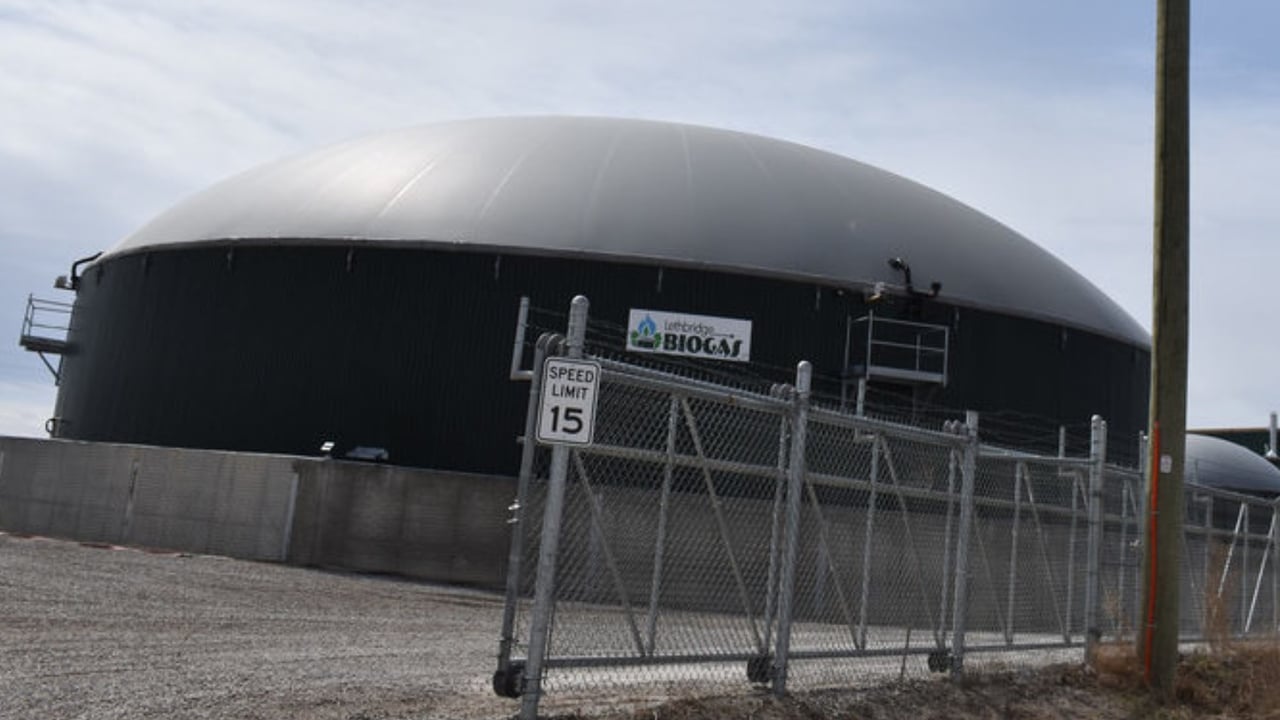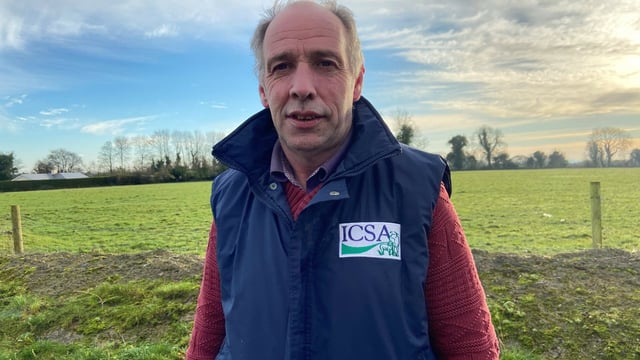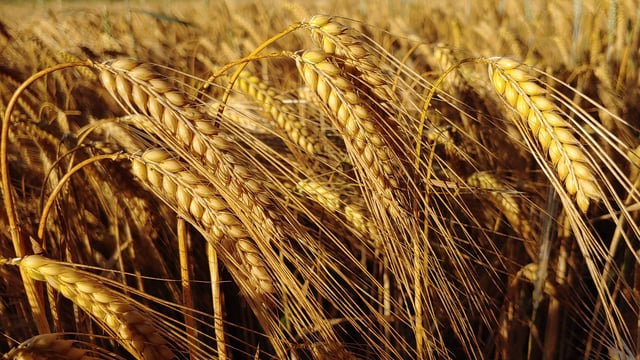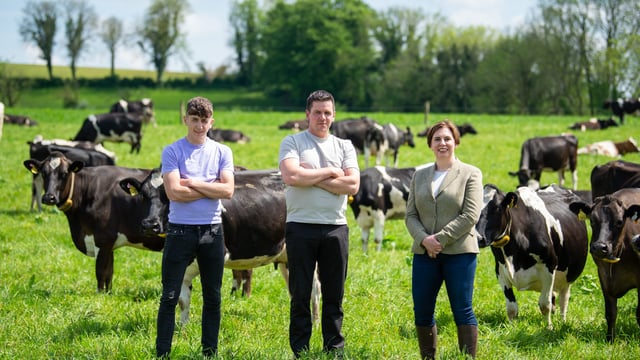An Taisce: National Biomethane Strategy 'not up to the task'
An Taisce has claimed that the government's new National Biomethane Strategy could be the subject of a complaint to the United Nations (UN).
The organisation has alleged that the new strategy "abjectly fails to address the multiple and very serious issues" raised by it and the Environmental Protection Agency (EPA) during public consultation.
It said that under the UN Aarhus Convention the purpose of public consultation is to improve draft proposals, but the group believes this has not happened with the final plan.
Therefore, An Taisce believes that the Department of Agriculture, Food and the Marine (DAFM) and the Department of Environment, Climate and Communications (DECC) are open to an Aarhus complaint.
The recently published National Biomethane Strategy aims to support delivery of up to 5.7 terawatt-hours (TWh) of indigenously-produced biomethane by 2030.
The government has sought €40 million in capital funding under Ireland’s application to REPowerEU – the EU’s project to improve energy self-sufficiency – in order to support early adopters of biomethane.
The strategy, which contains 25 actions to develop and grow the Irish biomethane sector, outlines that it will be “agri-led and farmer-centric”.
However, in a statement issued today (Friday, June 7) An Taisce said that "it is now entirely possible that large amounts of public monies will be spent supporting a strategy that may deliver little or no climate benefit".
The organisation added that the new plan could "likely increase nitrate water pollution and ammonia emissions, contrary to Ireland’s international commitments".
"An Taisce’s mission raised a number of credible and serious concerns, based on peer-reviewed and EU report evidence.
"However, the updated National Biomethane Strategy does not address any of this evidence directly, and it fails to provide any certainty that the strategy will be backed by effective regulatory measures and to ensure sustainability concerns are met," it said.
In its public consultation submission, the EPA strongly advised that “the strategy should clearly set out the actions, targets, timeframes and responsible owners for implementation”.
"The strategy lacks transparency: it is unclear what is being signed up to, what risks are entailed, what benefits are likely relative to alternative options, nor how much the strategy’s delivery will ultimately cost the public purse," An Taisce said.
It added that the strategy has failed to include the need for independent oversight, enforced limits on chemical nitrogen (N) use in feedstock production, minimising AD plant impacts on communities, and limiting pollution from use of the digestate by-product as a fertiliser.
The organisation claimed that the new strategy will "primarily act to support greenwashing of fossil carbon natural gas delivery and increase the economic viability of emissions-intensive milk and meat production".
"System change to resilient national energy and agri-food systems is urgently required, but the National Biomethane Strategy mostly reinforces the business-as-usual model for Irish agriculture which is unsustainably imbalanced toward intensive livestock production.
"Rather than being evidence-led and society-centred, the National Biomethane Strategy states it will be 'agri-led and farmer-centric'.
"The updated National Biomethane Strategy text overtly embeds bias toward vested interests by allowing industry stakeholder influence over its implementation and governance," it said.
An Taisce noted that the "only substantive improvement" in the final version of the plan is a new section on the importance of minimising methane leakage from anaerobic digestion (AD) plants.
However, it said that this section fails to address the seriousness of the issue and "ignores peer-reviewed international evidence showing unsustainably high methane losses from existing AD plants".
An Taisce said that large scale AD biomethane should not proceed without assessing far smaller scale rollout first, along with modelling of alternative options.
"Collectively, we need to outline an energy and land-use transition that is demonstrably aligned with meeting Ireland’s agreed carbon budgets and producing food and energy within ecological limits to guide society and farming to the most resilient possible future.
"By failing to meet these crucial parameters, the new National Biomethane Strategy is not up to the task," it said.





